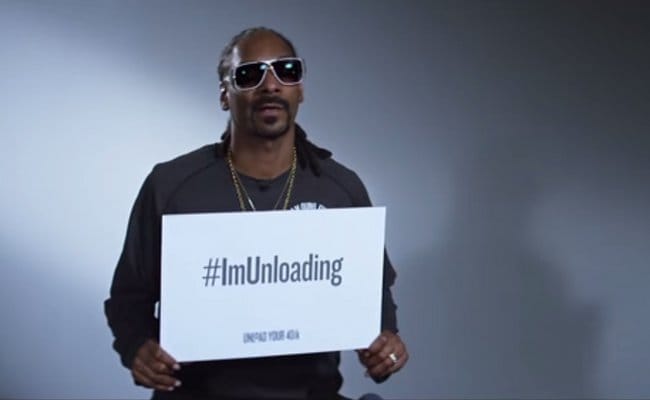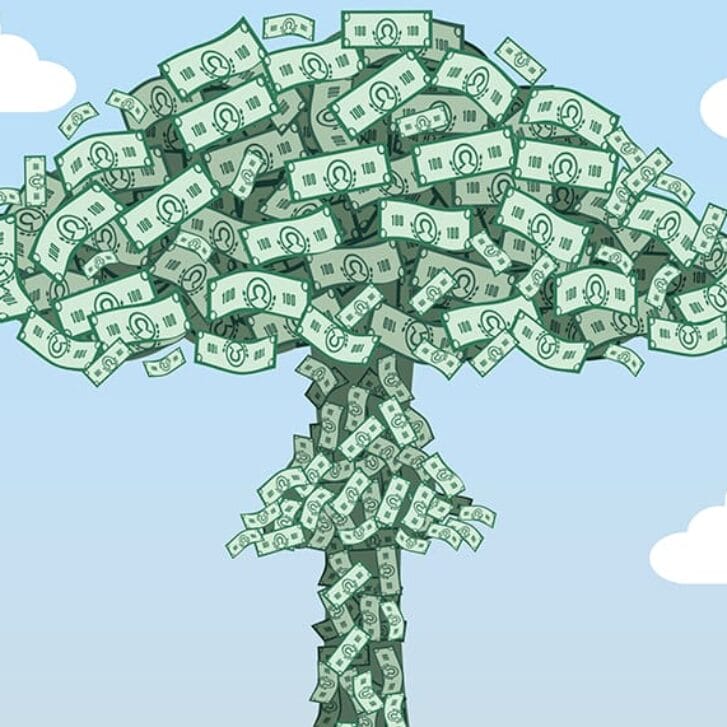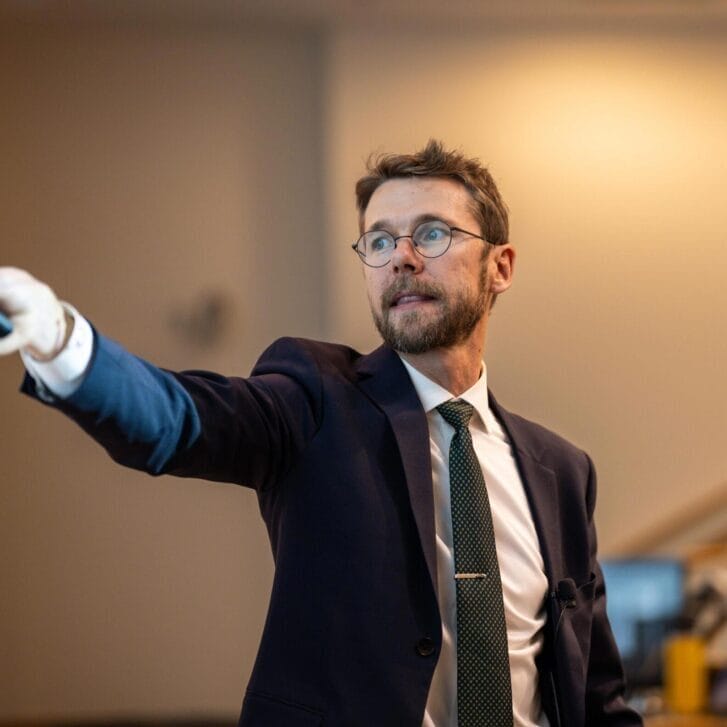After reading the cover article titled “Elementary” in the March/April issue of The Pennsylvania Gazette about solutions for building a quantum computer, it occurred to me that solving issues of poverty and income inequality can be approached in the same manner—“creative thinking.”
The article focuses on Dr. Charles Kane, a contender for a Nobel Prize in physics, and his approach is captured by this quote:
“The major epochs of civilization are all named after materials—the silicon, the steel, iron ages—and all of these materials were discovered serendipitously. … This time is different, because we predicted … theoretically first and, based on the predictions, we went to look for it, and we found it.”
Applying this purposeful approach to physics and matter is a change from continuous testing to continuous theorizing.
This thought process approach should be applied to our nation’s need for economic empowerment at the bottom. When applied to the science of economics, practical theorizing may be what’s needed. Economic turmoil arising from change is often met with knee-jerk reaction instead of thoughtful response. Instead, we need solutions and new approaches to a new set of issues that have not yet arrived.
A recent Wharton Magazine essay titled “Saving Capitalism from a Painful Demise” spoke to the issues of income inequality and wage depression by identifying the minimum wage and labor unions as the key to alleviating economic inequality in America. Writer Anthony W. Orlando, W’09, details the inequalities in the economy that the capitalist system can often exacerbate by suppressing wages and widening the divide between the majority of the workforce and the elites who run private enterprise. These inequalities lead to economic implosion. Where unions decline, pressures to increase wages and salaries evaporate, leading to further erosion in the power of workers to extract an equitable portion of the economic pie. Thus, a downward cycle is created where there are fewer consumers, leading to less demand, leading to lower profits.
It makes sense, therefore, that the solution is to implement a minimum wage that sets a safe, efficient floor for low-income workers and to promote the establishment of the union movement to exert pressure to create economic equality.
The question is how do we promote an understanding of this economic reality and its impact on our economy into the public debate? How do we generate an interest among millennials to pursue the salvation of our economy through the effective empowerment of low-wage earners and people in poverty?
New approaches are being pioneered by music artist Snoop Dogg and others. His recent investments in the no-fee stock trading application Robinhood and in the West Coast coffee company Philz has brought new energies into the world of venture capitalism, leading to new investment in old locations. Snoop Dogg’s changing public image is reflected in his promotion of the hashtag #ImUnloading, where Snoop Dogg and others promote the “Campaign to Unload” and “States United to Prevent Gun Violence” in an effort to get people to divest from retirement funds investing in gun manufacturers.
Snoop is using divestiture as the economic tool for change with a hope of creating a safe and secure environment for economic development. He is leading efforts to eliminate gun violence in the very locations where economically deprived, low-wage earners need innovative economic strategies that can impact environmental conditions. Low crime and peaceful surroundings bring trade, commerce, traffic, customers and new investment to neighborhoods. Minimum wage increases in these viable neighborhoods can then bring further economic energy.
When peace reigns and mechanisms to eliminate income disparities are grounded in creative economic theoretical thought, we can organize to build America from the bottom up. We need more ideas from people like Snoop Dogg and Dr. Kane.



























